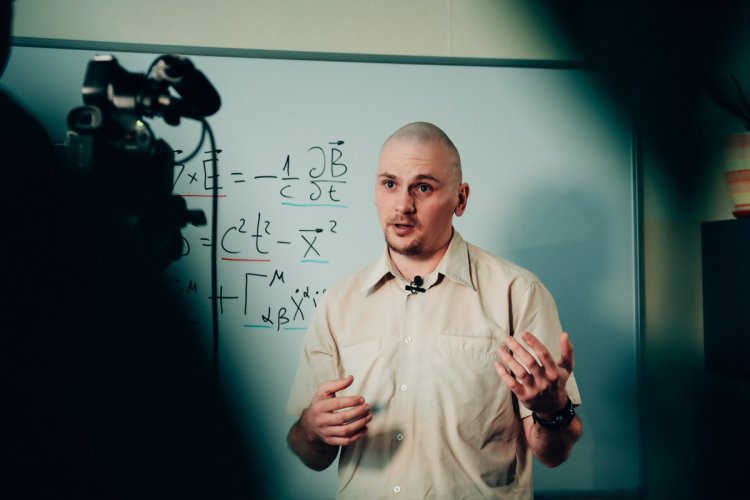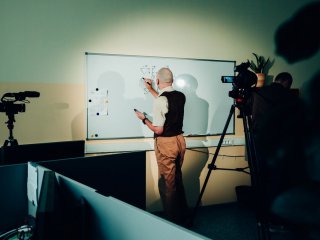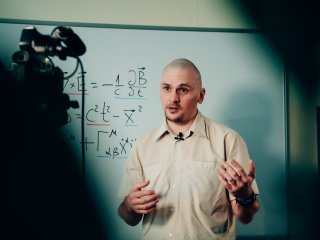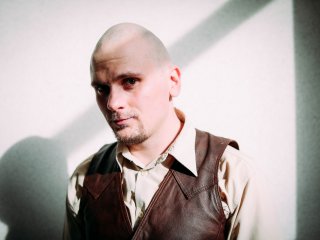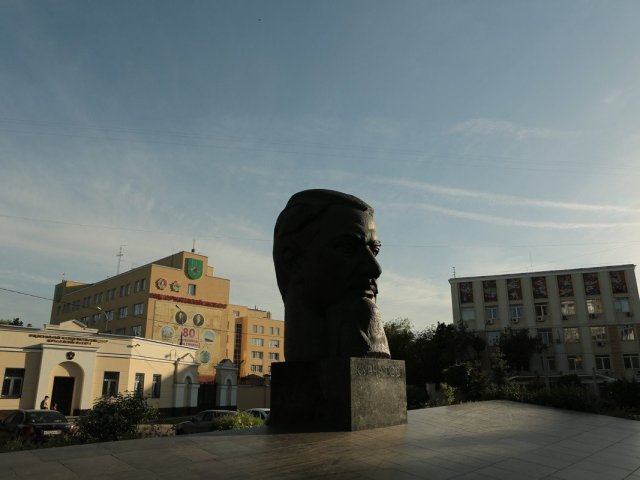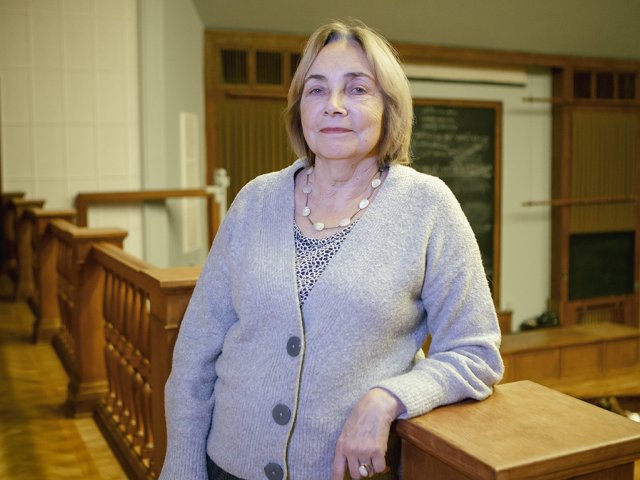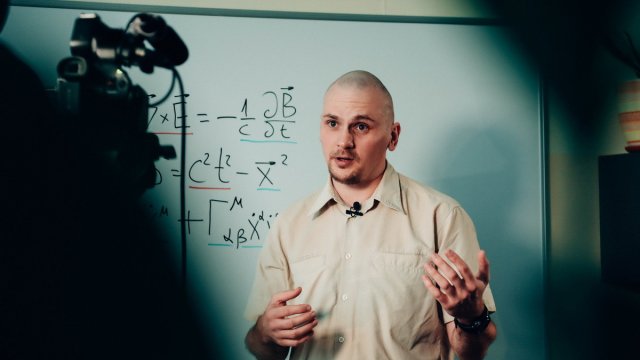Today, December 22, marks the 123rd anniversary of the birth of Academician Vladimir Aleksandrovich Fock, an outstanding theoretical physicist, author of the fundamental works on quantum mechanics, quantum field theory, and relativity theory, one of the founders of the modern relativistic theory of the Universe.
What did Fock mean when he said that Einstein hadn’t understood his own theory? What principles was Einstein's theory of gravity meant to be based on? Why did Einstein doubt the completeness of quantum theory? Anton Andreevich Sheykin, candidate of physical and mathematical sciences, senior lecturer at the Department of High Energy and Elementary Particles Physics, SPbU, answers these and many other questions in his lecture devoted to the anniversary of V. A. Fock.
RELATED LINKS:
● L. F. Vladimirova. V. A. Fock: life and work;
● Autobiography of V.A. Fock;
● V. A. Fock's Foreword to the Articles of A. A. Friedman;
● V. A. Fock. Einstein's Theory and Physical Relativity;
● G. E. Gorelik. V. A. Fock: The Philosophy of Gravity and Gravity of Philosophy;
● A. A. Sheykin. Universal Constants as Manifestations of Relativity;
● L. V. Prokhorov. V. A. Fock – a classic of the 20th century.
